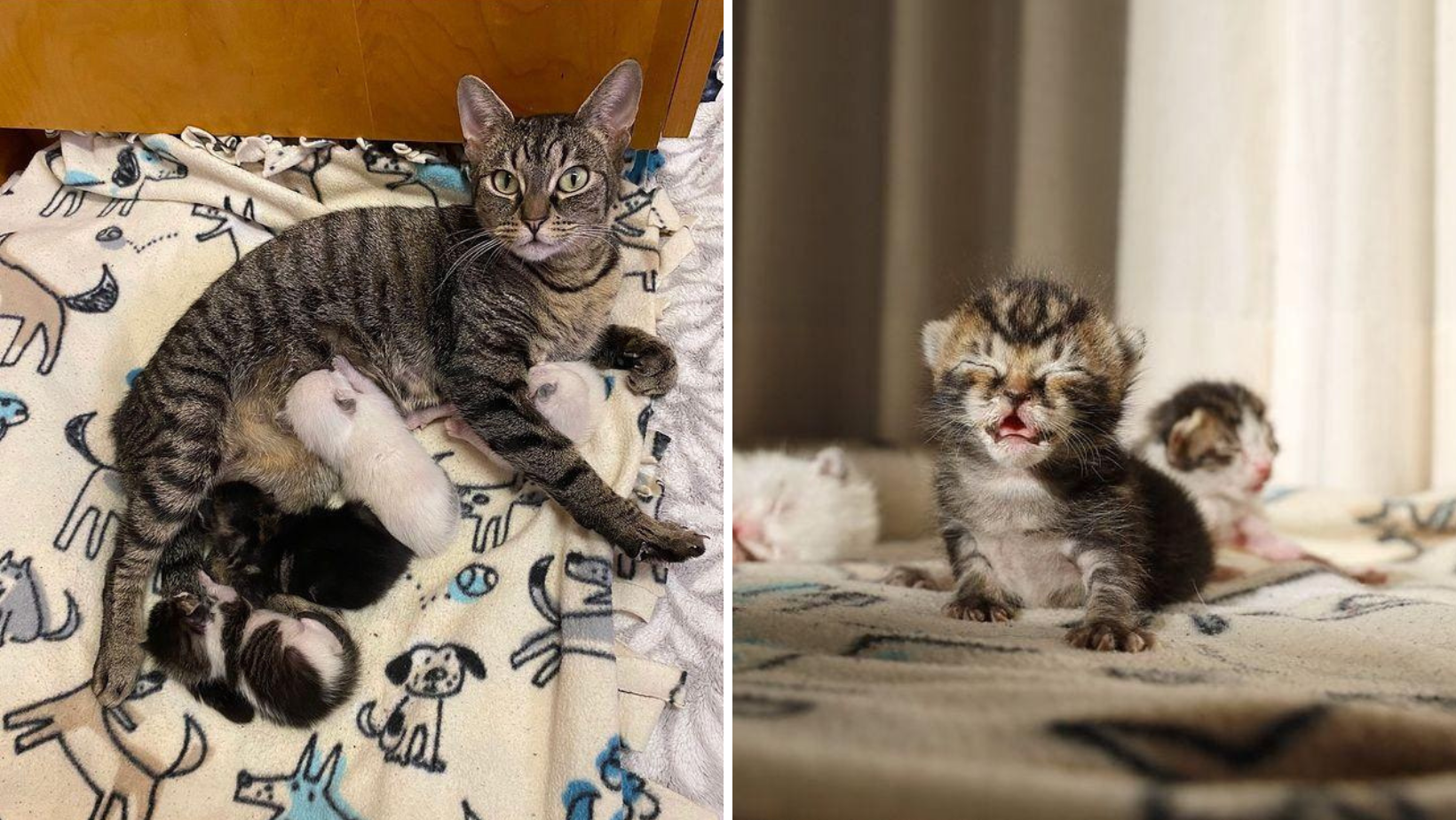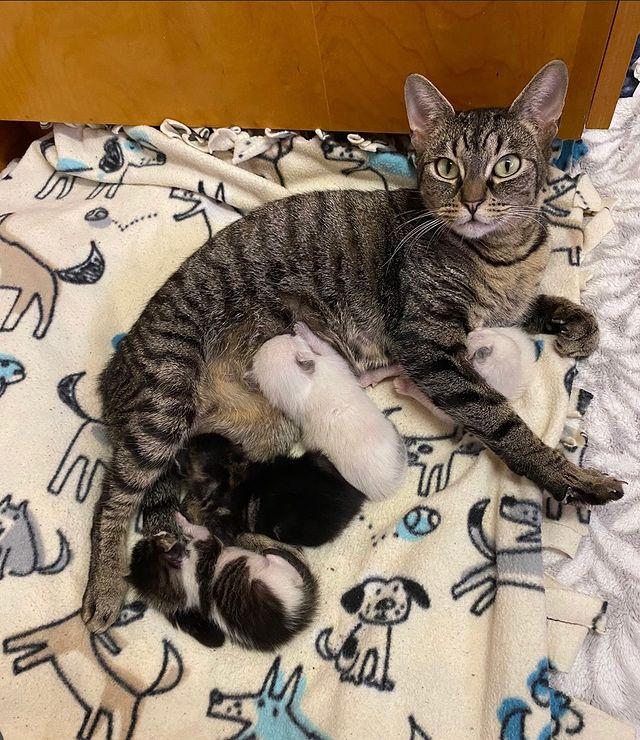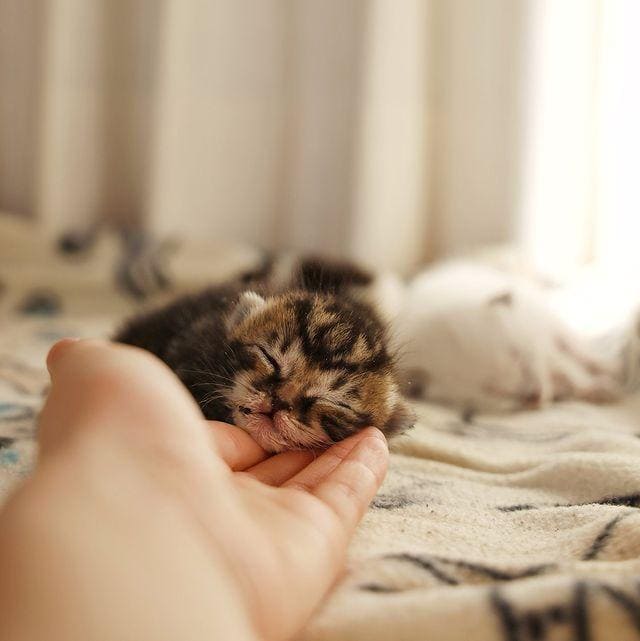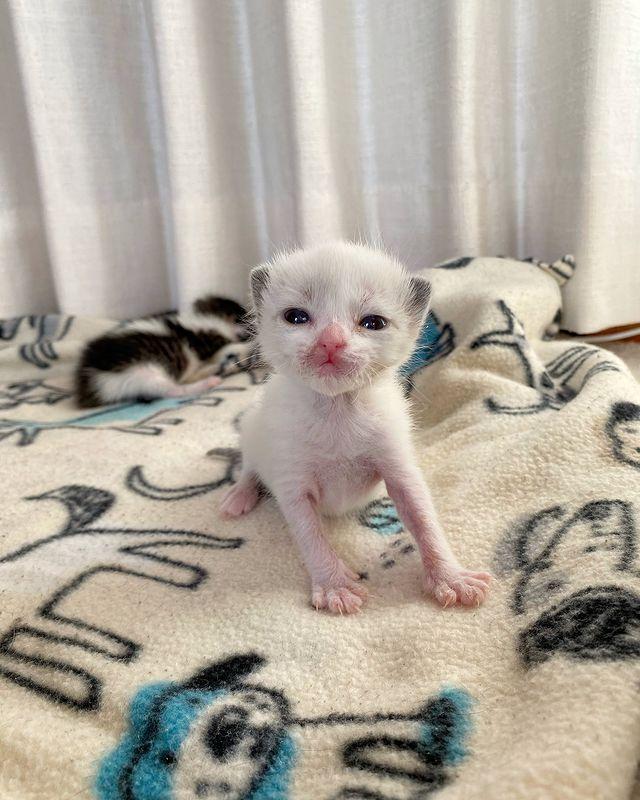It’s the calicivirus, not the Khaleesi virus!
It could be a case of the sniffles – but when you notice that your feline friend can’t get rid of what seems to be a severe cold, she might be suffering from a condition known as feline calicivirus (FCV).
It’s known to start with symptoms such as stuffy nose, runny eyes, mouth sores, drooling, fever, and respiratory problems. If left untreated, though, it can cause serious damage to your fluffer’s health.
It’s pronounced like “Khaleesi virus,” but it’s far from being as fun as your favorite Game of Thrones character. Feline calicivirus is a highly contagious virus that spreads from cat to cat around crowded areas such as shelters, rescues, foster homes, and homes with multiple pets.
Felines that contract the feline calicivirus experience a myriad of cold-like symptoms but can experience a severe upper respiratory infection, coma, and death, too. More often than not, kittens end up with severe symptoms because they’re weak, stressed out, and have a suppressed immune system.
Moreover, to make matters even worse, there’s no cure for feline calicivirus. When a cat contracts FCV, she typically goes through a two to seven-day development period before the symptoms appear. While that’s going on, other cats and kittens can contract the virus, too.
When the symptoms start, the illness persists for two to three weeks. During that time, supportive treatment and treatment of the symptoms prevent the development of secondary bacterial infections, such as pneumonia, and make the cat more comfortable.
What do you do, though, when you start fostering a family of five and figure out that they’re suffering from feline calicivirus a month after?
Meet Angela, a foster volunteer at Oregon Friends Of Shelter Animals (OFOSA), who went through that exact situation with mother cat Mocha and a litter of kittens named Chai, Cocoa, Peppermint, and Matcha.
When the mother cat and her kitten arrived at Angela’s home, she took to Instagram to share her excitement.
She started off by saying that the mother cat was recovering from a cold and that one of the kittens was suffering from the sniffles, too. She added that the kittens were super, super young (four days, at the time) and that she was over the moon to watch them grow bigger and stronger.
Mocha, the mother cat, was the sweetest mother ever. She cuddled her kittens, groomed them one by one, and fed them whenever they were hungry – which was every moment of the waking hour.
She spent her days “making biscuits” and caring for the little ones. She was more than happy to spend her time with them, but she was grumpy because she was recovering from a severe care of sniffles. Chai, one of her kittens, seemed to have contracted the same disease.
Angela argued that he wasn’t doing well and that she was worried because he wasn’t eating at all. She asked another foster mother, Christy, to take care of Chai for the time being. Christy knew how to bottle-feed newborn kittens, and that’s why Angela hoped she’d be able to help.
Chai was at Christy’s home, but the rest of the family was at Angela’s. Angela wasn’t worried about Mocha’s sniffles at first, but she started getting suspicious when she noticed that the symptoms weren’t going away.
Chai wasn’t getting better and the rest of the litter started showing symptoms, too. She took them to a vet and she was shocked when she was handed the results of the checkup – the mother and the kittens were suffering from feline calicivirus.
Mocha seemed to have contracted FCV when she was pregnant. So, when she was giving birth to her kittens, she managed to pass the virus onto them. Mocha was a strong cat and she recovered from the virus (for the most part) without complications.
Mocha’s kittens, on the other hand, were struggling. Chai, Cocoa, and Peppermint were struggling to breathe, dealing with a stuffy nose and runny eyes, and battling horrible tongue and mouth ulcers.
Chai was the smallest kitten, which might explain why he ended up with the worst symptoms out of the bunch. He was struggling to breathe because of how stuffy and runny his nose was. He was being tube-fed every two to three hours because he was struggling to eat. He was fighting, but he wasn’t getting better.
Chai returned to Angela’s home after a week because the two foster mothers thought he was getting better – but he wasn’t.
Cocoa got worse, too, and Angela decided to take both of them to another foster mother, Mads, to go through another week of care, tube feeding, and treatments to try to get them on the right track.
Peppermint and Matcha were getting better and Angela took to Instagram to celebrate the fact that the two kittens turned two weeks old. Angela was hoping that the kittens would respond to the treatment and care she and the other foster mothers were providing them with. However, the situation took a turn for the worse.
Matcha got worse overnight, and Angela started treatment right away. Chai wasn’t doing great, either, and she didn’t know what more she could do for the two of them. She prayed and prayed, but the two kittens couldn’t push through.
Chai and Matcha passed away two days apart and Angela was brokenhearted.
But she knew she needed to stay strong for Mocha and the two remaining kittens, Peppermint and Cocoa. Beaten down and sad, she continued to provide them with everything they needed to get better. Mocha was happy and healthy, but Peppermint and Cocoa needed a week or two to get back on track.
We’re happy to say that the two kittens got better, grew stronger, and managed to get adopted alongside Mocha. What a relief!




